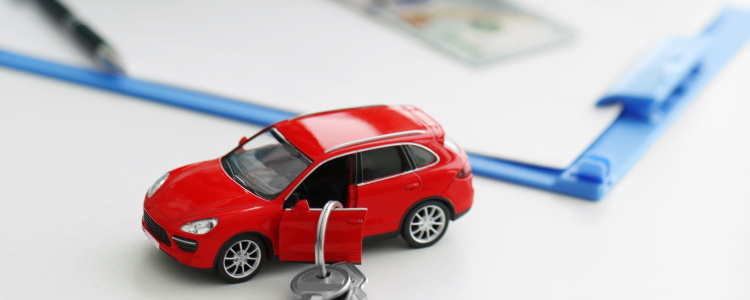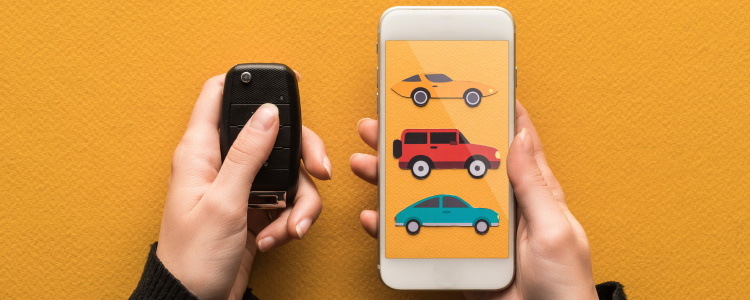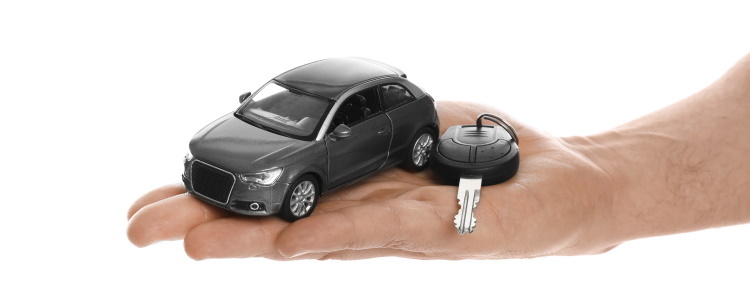A buyer’s order is a form used by a dealership when you're looking to buy a car. It contains a lot of important information, and includes how much buying a vehicle from a dealer is going to run you with everything factored in.
A Buyer’s Order at a Dealership
When you’re buying a car, it seems like there’s a never-ending stack of paperwork. However, one of the more important forms you’re likely to come across is the buyer order. Once you choose a vehicle, the dealership drafts a buyer’s order to give you an idea of what you’re going to be paying at the end of the transaction and important information about the vehicle and financing you're getting.
A buyer’s order is not the same thing as a bill of sale. A bill of sale serves as proof of a transaction, and lists the conditions of the sale. A buyer’s order serves to itemize all the costs of the vehicle and its information to give you and the dealer a breakdown of the total costs and amounts owed.
However, while the buyer’s order isn’t the bill of sale, once it’s signed by you and the dealership, it’s legally binding. That being said, it’s important to read all of it carefully before signing the dotted line.
Once you’ve chosen a vehicle to buy, the buyer’s order can be drafted. It typically lists:
- The negotiated selling price of the vehicle
- The car’s vehicle identification number (VIN)
- The car’s year, make, and model

- Vehicle’s odometer reading
- Manufacturer and/or dealer rebates you qualify for
- The terms of your car loan if you’re financing
- Your down payment amount, if applicable
- Tax/title/registration fees
- Dealer documentation fees (doc fees)
- Cost of the service contract, if purchasing
- The cost of other fees or dealer add-ons
A buyer’s order should also include information about your trade-in, if you’re trading in. There’s usually a section called “Down Payment” where you can find the amount you agreed to put down in cash, and then your trade-in allowance after your trade-in’s actual cash value was determined. If you have a loan on your trade-in, your remaining owed balance is listed as well to determine the amount that’s going to lower the cost of your next vehicle.
Can I Negotiate Items Once I See the Buyer’s Order?
Yes, you can absolutely negotiate once you see the buyer’s order. Once it’s signed by both parties, though, it’s legally binding, and if you decide not to go through with the sale after you’ve signed the order, there could be legal consequences (the same goes for the dealer).
Before you sign the buyer’s order, here’s what you can negotiate on:
- The selling price of the vehicle – Just because the buyer’s order is drafted, doesn’t mean that the price you see is set in stone. You can attempt to negotiate the selling price of the car as long as you haggle before signing the buyer’s order. Also, take the time to make sure that the price you and the dealer verbally agreed to is listed correctly on the buyer’s order.
- Doc fees – This is the fee you pay the dealer for handling the paperwork of the sale. These can vary depending on your home state, and the dealer you’re working with. They can run you a couple hundred dollars, but you can attempt to negotiate these fees.
- Your trade-in credit – If you’re trading in your car and using its equity to knock down the price of your next vehicle, know that you can haggle on this price. However, it’s recommended to mention your trade-in after you’ve already settled on the price of your next car and treat the two transactions separately.
- Add-ons – An add-on can include fabric or paint protection, VIN etching, extended warranties, or even rustproofing. These are all optional, and can likely be negotiated if you decide to purchase any of them.
A few things that you can’t negotiate on a buyer’s order include the sales tax, destination charges, and title and registration fees. These aren’t decided by the dealership, but it’s still worth your time to make sure you’re paying the right amount. If any of those charges seem excessive, it wouldn't hurt to ask.
Ready to Stop Researching and Start Car Shopping?
Preparation is key when you’re buying a vehicle, and knowing how to read a buyer’s order is key in the process. However, all of this preparation may not help that much if your credit score is stopping you from getting the vehicle you need. Here at Auto Credit Express, we want to make your car shopping experience a little easier by looking for a special finance dealership in your local area.
Special finance dealerships are signed up with bad credit auto lenders that assist in many unique credit circumstances. To get started on your path to a car loan with poor credit, fill out our free auto loan request form.
















